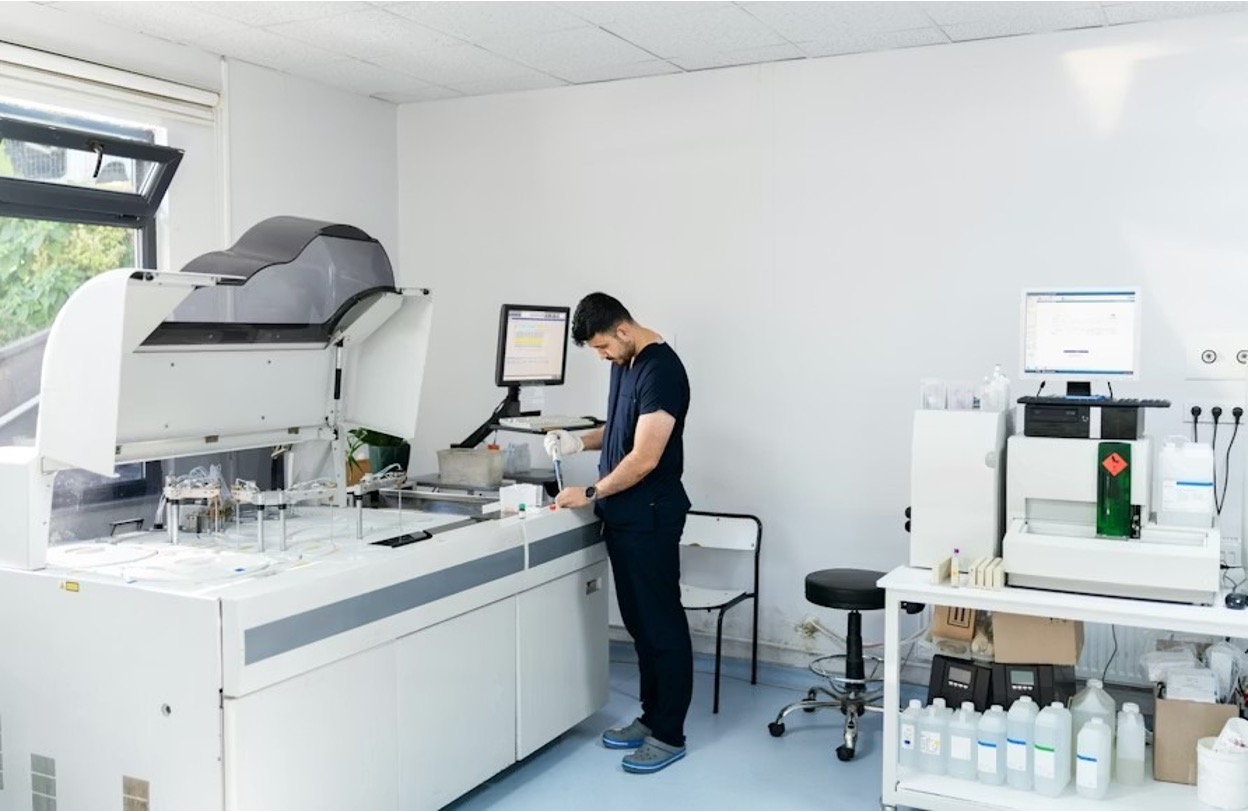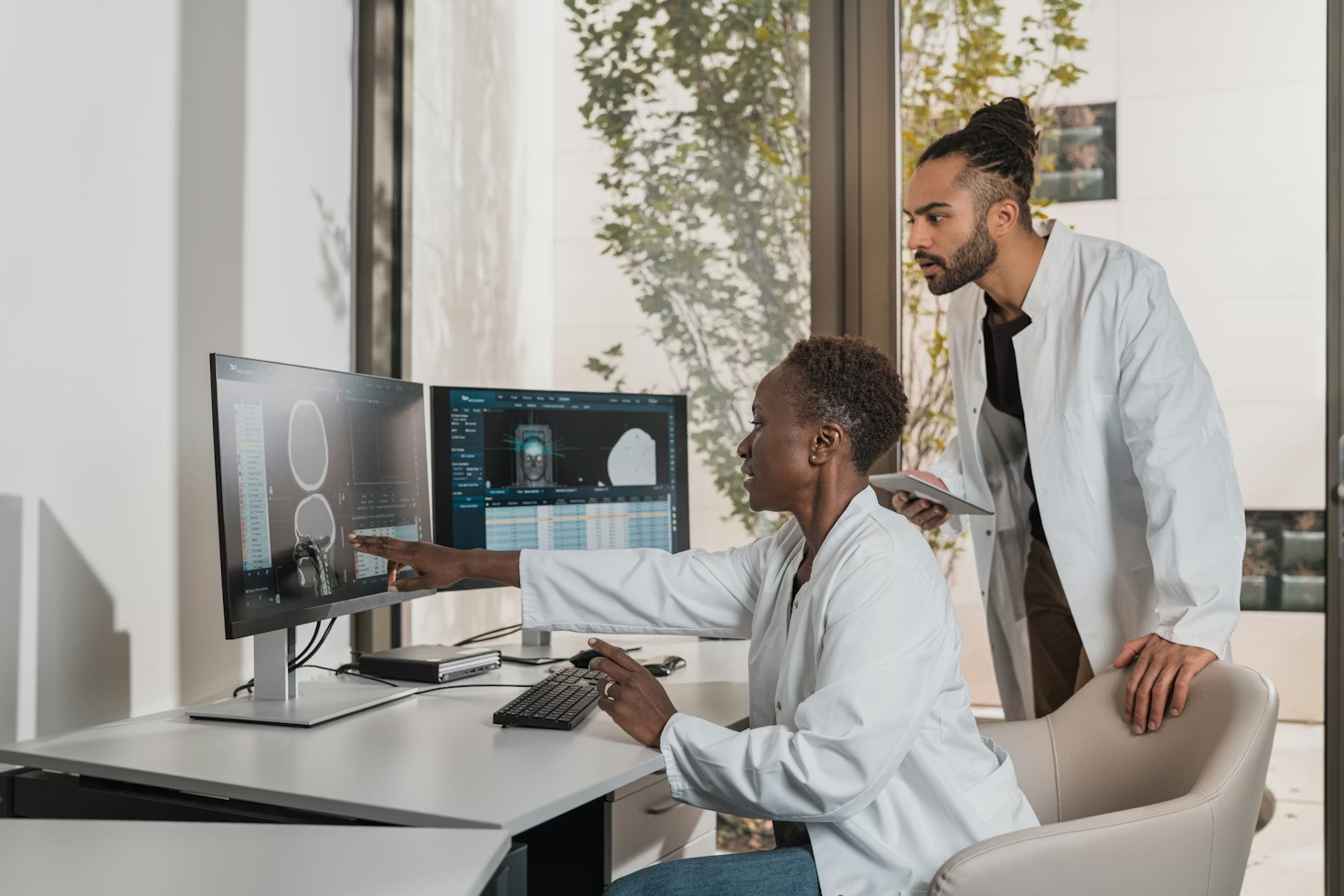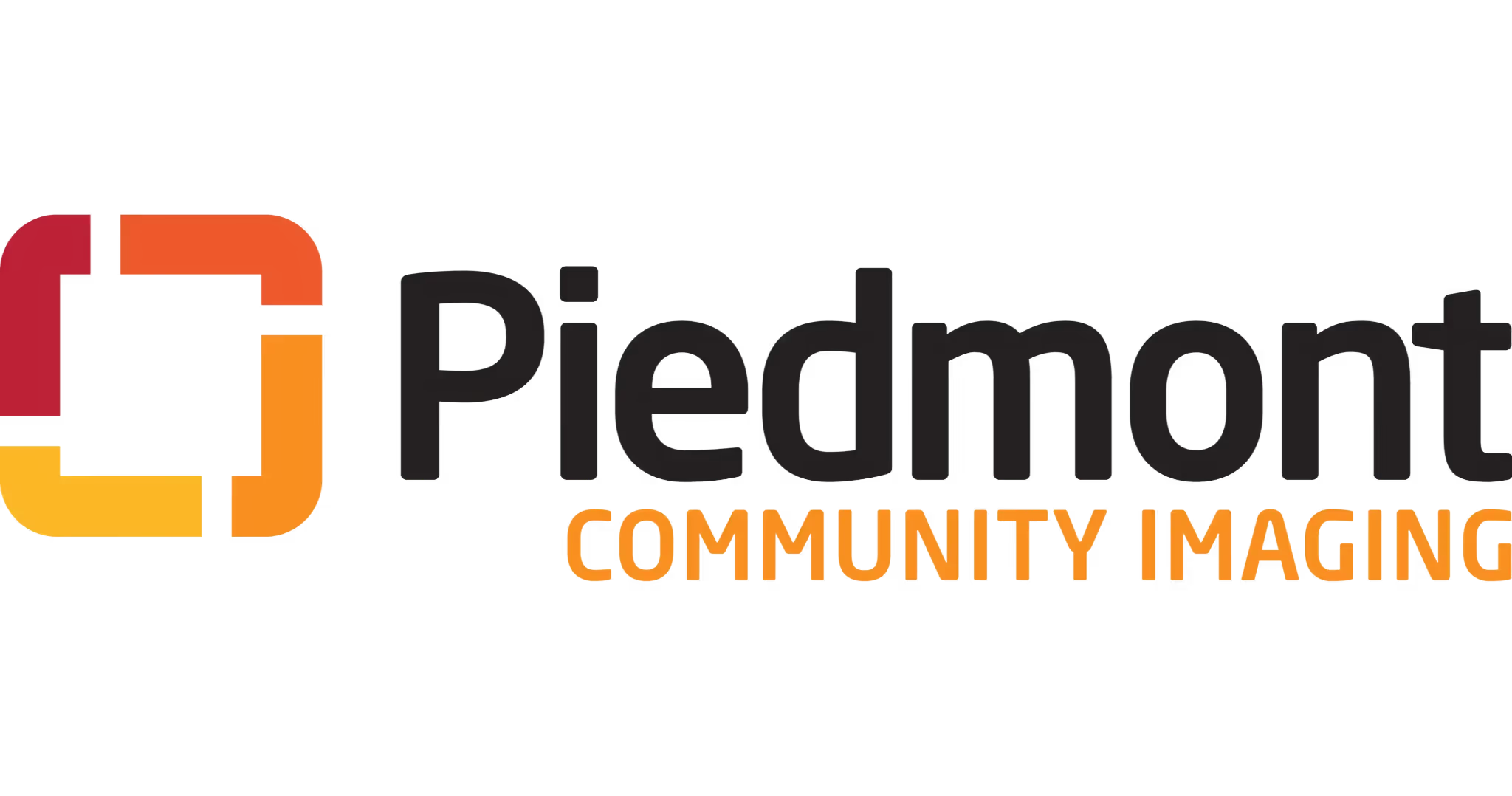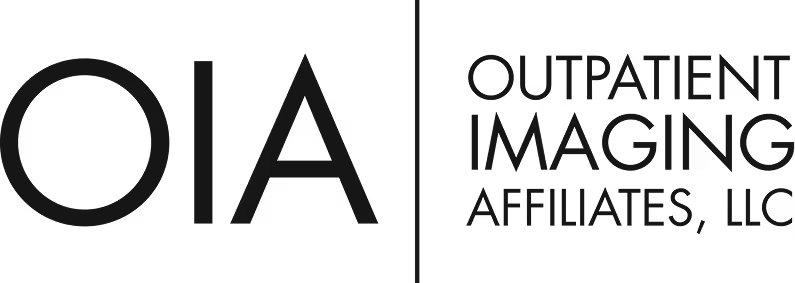How to Open an Imaging Center: Requirements & Costs


Key Takeaways
- Opening an imaging center requires approximately $1.5–3 million in initial investment, with MRI machines representing the largest equipment expense.
- Legal requirements vary by state but typically include facility licensing, accreditation from organizations like ACR or IAC, proper physician oversight, and comprehensive HIPAA compliance systems.
- Staffing costs account for 40–50% of operational expenses, with radiologists commanding $300,000+ annually and specialized technologists earning $60,000–$85,000 depending on modality.
- In many states, non-physicians can own imaging centers, but all centers require qualified medical direction from radiologists, regardless of ownership structure.
- ContrastConnect provides virtual contrast supervision solutions that help new imaging centers meet CMS compliance requirements while reducing staffing costs, offering 24/7 radiologist coverage through a HIPAA-compliant platform that supports operational scalability.
Why Now Is the Time to Open Your Medical Imaging Center
The diagnostic imaging industry continues to grow steadily, with over 600 million imaging procedures performed annually in North America alone. The average center generates $3.6 million annually in receipts.
Demographics also heavily favor imaging center growth, with the 65+ population, who utilize imaging services at a higher rate than younger patients, expected to reach 95 million by 2060.
Additionally, technological advances enabling earlier disease detection have expanded the applications of advanced imaging across specialties, including oncology, cardiology, and neurology.
Strategic entrepreneurs can capitalize on several market gaps. Rural and underserved communities often lack adequate imaging services, forcing patients to travel considerable distances.
Meanwhile, specialized imaging centers focusing on specific modalities or patient populations (women's imaging, sports medicine, pediatrics) can create differentiated service offerings that command premium reimbursement and foster stronger referral relationships.
Legal Requirements to Start Your Imaging Center

State Licensing Requirements & Variations
Every state maintains unique requirements for imaging facility operation, with significant variations in complexity and oversight. Some states, like New York, California, and Florida, maintain rigorous Certificate of Need (CON) programs that require prospective owners to demonstrate community need before receiving approval to establish a new imaging center.
Beyond CON requirements, state health departments typically require facility licensing that involves inspections of your physical space, radiation safety protocols, equipment maintenance programs, and staff credentialing systems. Annual renewal processes often include quality assurance reviews, radiation safety audits, and compliance with evolving state regulations.
Medicare & Insurance Accreditation Process
Medicare reimbursement eligibility requires accreditation from recognized organizations like the American College of Radiology (ACR) or the Intersocietal Accreditation Commission (IAC). This accreditation process is rigorous and evaluates your facility's equipment, personnel qualifications, image quality, and safety protocols.
The accreditation renewal cycle typically occurs every three years, though some payers require annual reviews of quality metrics and patient outcomes.
Radiology Oversight & Medical Director Requirements
Every imaging center requires qualified physician oversight, typically from a certified radiologist serving as medical director. This radiologist assumes responsibility for protocols, quality assurance, and clinical operations.
In most states, the medical director must be physically present during specific procedures, while other studies may be interpreted remotely through teleradiology arrangements.
Some states restrict imaging center ownership to physicians (sometimes specifically to radiologists), while others permit non-physician ownership with proper medical direction. Your legal structure must comply with state-specific regulations governing the relationships among ownership, management, and clinical oversight.
HIPAA Compliance & Patient Privacy Systems
HIPAA compliance isn't optional; it's mandatory and requires comprehensive systems for protecting patient information. Your imaging center must implement physical safeguards (secured areas and controlled access), technical safeguards (encryption and audit controls), and administrative safeguards (policies and staff training).
Patient authorization forms, privacy policies, and breach notification protocols must be developed before seeing your first patient. Staff training on HIPAA requirements must be documented and refreshed annually, with specific attention to unique imaging center scenarios, such as handling CDs/DVDs of images, communicating findings to referring physicians, and managing incidental findings.
Essential Equipment Investments & Costs
New vs. Refurbished Equipment: Cost Comparison
New imaging equipment offers the latest technology, full manufacturer warranties (typically 1–2 years), and optimal service agreements, but comes at a premium price. Refurbished equipment from reputable vendors can reduce acquisition costs while still delivering diagnostic-quality images.
Most refurbished systems include 6–12 month warranties, though these may have more exclusions than new equipment guarantees. The decision between new and refurbished should balance your clinical needs, anticipated volume, service area demographics, and capital constraints.
MRI Equipment Costs & Requirements

New 1.5T MRI systems typically cost $1.2–1.3 million, and 3T systems cost $1.6–2.2 million. Beyond the machine itself, your MRI suite requires specialized coils for different body regions, workstations for image processing, and facility modifications like reinforced flooring, specialized ventilation, and emergency quench systems.
The total space requirement typically ranges from 800–1,200 square feet, including the control room, equipment room, and patient preparation areas. Thoroughly assess your anticipated case mix before selecting specific magnet strength and features, as these determine what studies you can effectively perform.
CT Scanner Investment Considerations
CT scanners range from $100,000 for basic systems to over $1 million for advanced 128-slice or dual-source scanners. Installation requirements include lead shielding, specialized power supply, and cooling systems. Most CT scanners require 400–600 square feet of space, including the control room and equipment closet.
When evaluating CT options, consider slice count (more slices enable faster scanning and better image quality), reconstruction software capabilities, and radiation dose management features. Many referring physicians now specifically request low-dose CT options for their patients, making dose reduction technology a crucial competitive feature.
X-Ray, Ultrasound & Mammography Equipment
Digital radiography (DR) systems range from $45,000 for basic systems to $200,000 for advanced units with automated positioning and dose management. Computed radiography (CR) systems cost less initially but have higher per-image costs and slower throughput. Most centers now choose DR for its superior image quality, faster workflow, and lower radiation dose.
Ultrasound units range from $3,000–$6,000 for basic, portable Point-of-Care Ultrasound (POCUS) machines to $120,000+ for premium units with advanced capabilities such as elastography and 4D imaging.
Picture Archiving and Communication System (PACS) and Radiology Information System (RIS) software are also essential infrastructure components, costing thousands of dollars depending on features and the size of your operation.
Staffing Your Imaging Center: Requirements & Salary Costs

Radiologists & Medical Director Arrangements
Radiologists command annual salaries ranging from $300,000 to $500,000 depending on subspecialty training, experience, and local market conditions. To save costs, many imaging centers operate without full-time radiologist employees, instead contracting with radiology groups for professional services.
Your medical director's contract also requires special attention. Clearly outline responsibilities, time commitments, performance expectations, and compensation structure. Regardless of the structure, the contract should include quality metrics, expected physical presence requirements, and provisions for resolving disagreements over clinical protocols or business decisions.
Technologists Annual Salary Range
Certified MRI technologists, CT technologists, Ultrasound technologists, Mammography technologists, and Radiography technologists each earn approximately $50,000–$90,000 annually, with those cross-trained in multiple modalities earning premium salaries.
All technologists must maintain appropriate certification through organizations like the American Registry of Radiologic Technologists (ARRT) or the American Registry for Diagnostic Medical Sonography (ARDMS).
Most states require additional licensure, with continuing education requirements ranging from 12–24 hours annually. Your center must verify and track these credentials, as using non-certified technologists can lead to accreditation issues, compliance violations, and reimbursement denials.
Launching Your Imaging Center with ContrastConnect's Expert Supervision
Opening an imaging center demands significant capital, regulatory expertise, and strategic planning. Beyond equipment and facility investments, securing qualified radiologist coverage for contrast administration poses a significant operational challenge, particularly for new centers operating on tight budgets and competing for limited radiologist availability.
ContrastConnect solves this critical challenge by providing virtual contrast supervision that meets all Centers for Medicare & Medicaid Services (CMS), ACR, and American Society of Radiologic Technologists (ASRT) compliance requirements from day one. Our certified radiologists deliver immediate coverage through a secure, HIPAA-compliant platform, replacing the need to recruit full-time onsite radiologists during your startup phase.
With over 55,000 contrast exams supervised monthly and 5–10 reactions managed daily, our team brings unmatched clinical expertise that far exceeds typical onsite coverage. We provide comprehensive technologist training, emergency protocols, and audit-ready documentation, essential components for achieving accreditation and maintaining payer contracts.
ContrastConnect's scalable model allows new imaging centers to extend operating hours, maximize equipment utilization, and improve patient access without the fixed costs of onsite radiologist staffing.
Our platform supports your growth trajectory, whether you're opening a single-modality center or planning multi-site expansion, delivering cost-efficient supervision that protects your investment while ensuring the highest standards of patient safety.
Start Your Coverage Assessment Today →
Frequently Asked Questions (FAQs)
What is the total startup cost for opening an imaging center?
Total startup costs typically range from $1.5–3 million, depending on modalities offered, facility size, and equipment choices. Major expenses include MRI equipment, facility construction and renovation, CT scanners, PACS/RIS system, and working capital for 6–12 months of operations.
How long does the licensing and accreditation process take?
The complete licensing and accreditation timeline typically spans 4–6 months. State facility licensing requires 2–3 months, while ACR or IAC accreditation takes 4–6 months from application to approval. CON states add 6–12 months to this timeline. Medicare and commercial insurance credentialing run in parallel, but add 60–120 days.
What certifications do imaging technologists need?
Technologists must hold appropriate ARRT or ARDMS certification for their specific modality, MRI, CT, radiography, ultrasound, or mammography. Most states also require state licensure beyond national accreditation. Continuing education requirements typically range from 12–24 hours annually to maintain certifications and licenses in good standing.
How does ContrastConnect support new imaging centers?
ContrastConnect provides 24/7 virtual contrast supervision through radiologists, replacing the need for costly onsite radiologist staffing. We deliver comprehensive technologist training, CMS-compliant protocols, emergency response capabilities, and audit-ready documentation. Our scalable platform helps new centers extend hours, maximize equipment utilization, and achieve profitability faster while maintaining regulatory compliance.
*Note: Information provided is for general guidance only and does not constitute medical, legal, or financial advice. Pricing estimates and regulatory requirements are current at the time of writing and subject to change. For personalized consultation on imaging center operations and virtual contrast supervision, contact ContrastConnect.
Trusted Nationwide



















































74,000+
Contrast exams supervised monthly
64,000+
Hours of supervision monthly
2,700+
Technologists certified
0s
Of imaging partners nationwide
30+
Contrast reactions treated monthly
0%
Requested hours covered
Connect with us.


